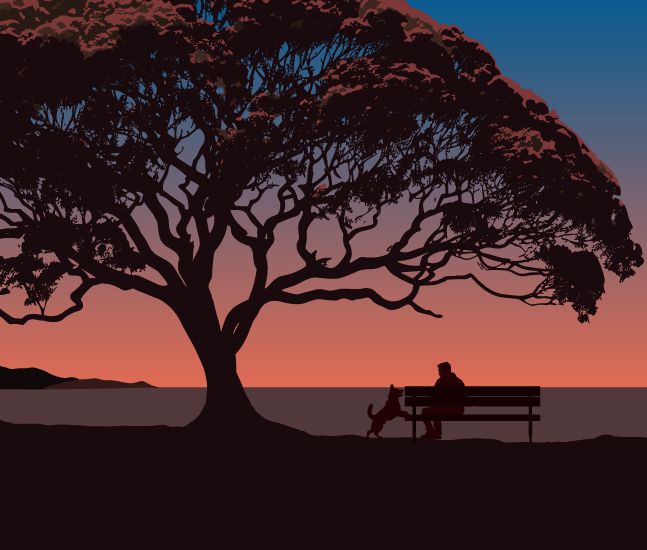Ongoing feelings of sadness or hopelessness might indicate depression. Remember, depression can affect anyone, and seeking support is a sign of strength, not weakness.
What is depression?
While everyone experiences moments of sadness due to life's events, ongoing feelings of despair can be indicative of depression. If these feelings get in the way of daily activities and don’t go away, it's important to seek support.
Depression is more than just feeling sad. It includes a range of emotions and physical symptoms. Depression can make everyday tasks feel impossible and life seem purposeless.
"It was not only emotional or psychological, it was physical as well. I just had no energy. I didn’t want to get out of bed." – Watch Donna's Story
Depression is more common than you may think. One in six people in Aotearoa have experienced a period of depression in their life.
"I think what I have been through has made me more courageous." – Watch Philip's Story
Depression is different for everyone. Recognising the signs can help you understand and address your emotions. Remember, there's no shame in seeking help. Everyone deserves support. With time, things will get better.
What does depression feel like?
While we've named this section "understanding depression", it's essential to recognise that everyone's experience is unique. You might identify with different terms or descriptions. Embrace the words that speak to your experience.
"I didn’t know the name of it but I knew that there was something wrong with that feeling. It was a feeling of dread like every time, like eggshells." – Listen to the story









